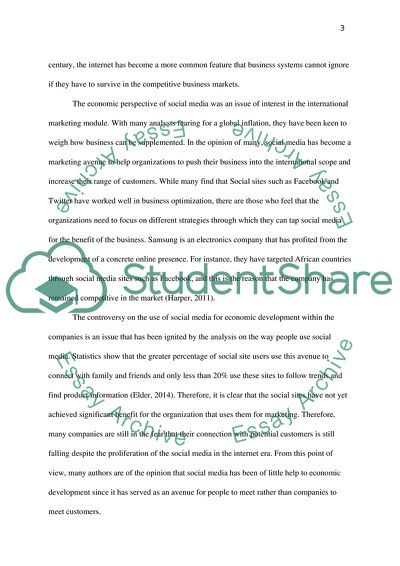Cite this document
(My Experience of Learning and Living In Overseas Countries Essay - 2, n.d.)
My Experience of Learning and Living In Overseas Countries Essay - 2. Retrieved from https://studentshare.org/human-resources/1833898-reflective-essay
My Experience of Learning and Living In Overseas Countries Essay - 2. Retrieved from https://studentshare.org/human-resources/1833898-reflective-essay
(My Experience of Learning and Living In Overseas Countries Essay - 2)
My Experience of Learning and Living In Overseas Countries Essay - 2. https://studentshare.org/human-resources/1833898-reflective-essay.
My Experience of Learning and Living In Overseas Countries Essay - 2. https://studentshare.org/human-resources/1833898-reflective-essay.
“My Experience of Learning and Living In Overseas Countries Essay - 2”, n.d. https://studentshare.org/human-resources/1833898-reflective-essay.


